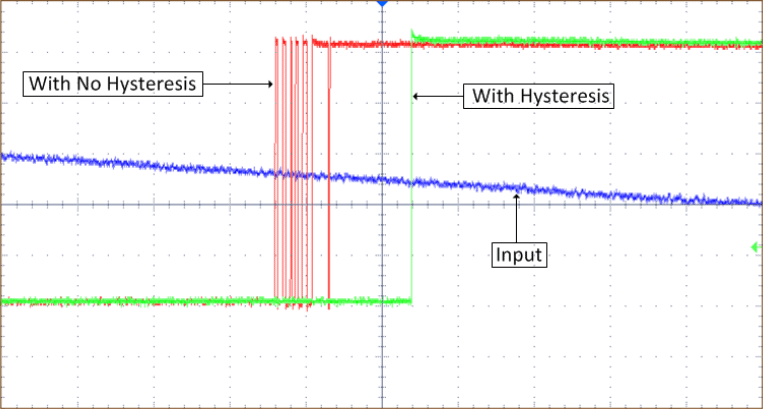I recently built a TQWT cabinet for the 6" PHY driver and it worked surprisingly well. That kind of cabinet seems to get the most bass extension out of a driver, if its an appropriate driver.Have I heard the field coil 215-2000 exc? No I haven’t but cone geometry and design is identical other than magnet so, while exc version might sound more pure in some way, the high frequency extension shouldn’t change. I can tell you that the bass quality and punch from this driver is very good in a TQWT cabinet (the guy in the video used Supravox designed cabinet just like mine).
It is not issues per se, it’s just physics. An 8 inch driver will beam like hell at high frequencies. It’s fine for some and at least it isn’t nasty in the highs like most Fulleange drivers with a Whizzer cone.
Look at the Cessaro Opus-1 speaker. They have their own version of the Supravox 215-2000 Alnico (they still use the original in the Wagner) and they also choose to match it with a horn tweeter (same with Wagner). A good compression driver to my ears just sounds more realistic up top in a good horn (probably where your ALTECs are letdown).
Every 'full range' driver is beamy! Any successful design is going to incorporate a tweeter, even if the tweeter is firing up or to the rear. You need something to maintain off-axis tonality and room energy.








